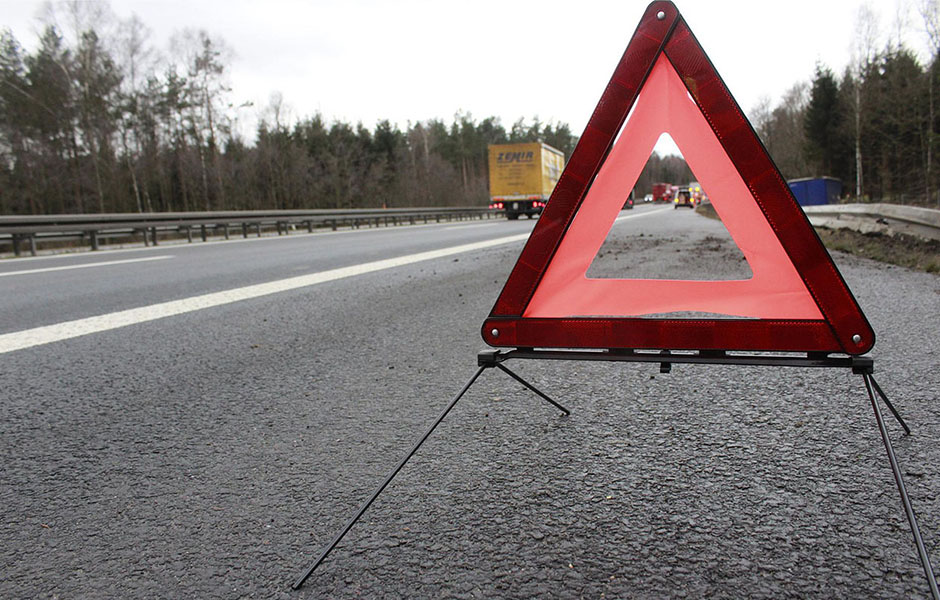Children and the elderly are the victims of road accidents in Portugal that involve “greater complexities and challenges in diagnosis, treatment, reintegration, and forensic approach”, says a study developed by researchers from the Faculty of Medicine of the University of Porto (FMUP) and CINTESIS – Center for Health Technology and Services Research.
“The differences between age groups and the impact of the most severe cases justify more detailed medico-legal studies in children, elderly, and victims with severe trauma,” said the authors of the scientific article published in “Forensic Sciences Research”. No gender differences were found in this study, although other studies have already identified them.
In fact, although working-age adults (18 to 64 years old) make up the majority of the recorded victims (65%), children (8% under 18 years old) and especially people over 64 years old (27%) have a significantly higher injury severity score (ISS) than working-age adults.
The lower and upper limbs are the body areas most affected in accidents, followed by the head and neck, and musculoskeletal sequelae are the majority (64.8%), resulting in limitations in daily life activities (51.7%), in social and affective life, in sports or leisure activities (40.5%) and in work (36.4%).
When the days lost due to accident-related injuries and illnesses are counted, it can be seen that the damage, even when temporary, results in 199.6 days (more than half a year) of disability for daily living on average. Victims were only able to return to work, on average, after 171.7 days.
Of the total, 19% of victims became permanently dependent, with 10.6% requiring assistance from a third person.
This study, which involved 667 non-fatal road traffic accident victims aged 3 to 94, analyzed the trauma suffered based on medico-legal reports used to assess the personal injury, according to the three-dimensional methodology for assessing this injury. This methodology considers the victim from a biopsychosocial and ecological perspective, analyzing him/her in his/her real/concrete life and allowing for more effective intervention and repair of personal injury.
The researchers concluded that “accidents on Portuguese roads are often accompanied by significant consequences, even in the long term, and that the extremes of age may involve greater severity not only in terms of physical health but also of reintegration, due to the special vulnerability of victims associated, among others, with physiological aspects specific to these age groups.
Road accident survivors experience short and long-term sequelae, often with considerable disability and economic costs that have a major impact on their and their families’ quality of life.
Globally, road accidents are a health, social and economic problem, and it is estimated that 50 million people are killed each year by this type of accidents.
The authors of this study were Flávia Cunha-Dinis, Tiago Taveira-Gomes, and Teresa Magalhães, from CINTESIS – Faculty of Medicine of the University of Porto, and José Manuel Teixeira, from the Clinical Services of Companhia de Seguros Fidelidade, S.A.

